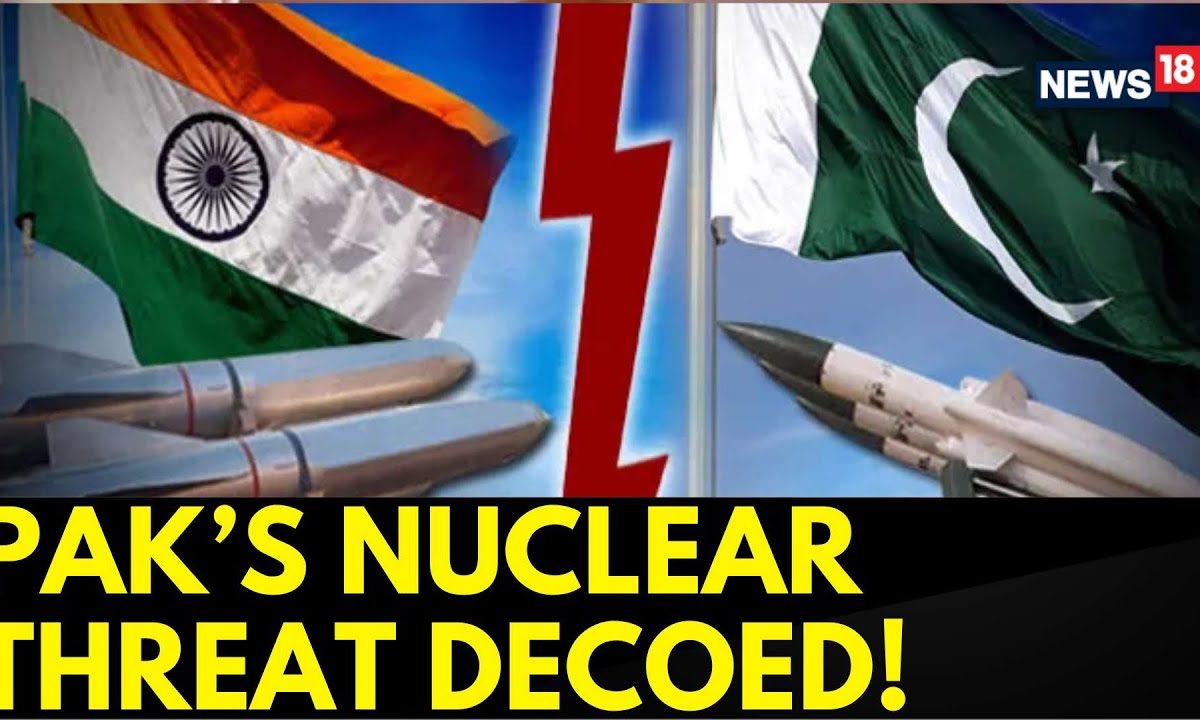

Tensions between India and Pakistan have escalated following a deadly attack on tourists in Indian-administered Kashmir on April 22, 2025. The attack, which resulted in the deaths of 26 civilians, triggered a series of military exchanges and heightened fears of a full-fledged war between the two nuclear-armed neighbors.
Recent Events and Escalation
In response to the April 22 attack, India launched "Operation Sindoor" on May 7, 2025, conducting missile strikes on multiple targets in Pakistan and Pakistan-administered Kashmir. India claimed the strikes targeted terrorist infrastructure linked to groups like Lashkar-e-Taiba and Jaish-e-Mohammed. However, Pakistan reported civilian casualties and condemned the action as an "act of war". Pakistan claimed to have shot down five Indian Air Force jets and damaged Indian infrastructure in retaliation, while India denied any losses. These claims remain unconfirmed by other sources.
The escalating military exchange has led to heightened security measures in both countries. Civil defense drills have been activated in over 100 districts in India, including blackout simulations, aid sirens, and evacuation rehearsals near nuclear facilities. Pakistan has also closed its airspace and airports temporarily.
Pakistan's Nuclear Threat and Strategic Desperation
Amid the escalating tensions, Pakistan's veiled threats of nuclear retaliation reflect its strategic desperation. Facing a stronger Indian military and a growing sense of international isolation, Pakistan may view its nuclear arsenal as a deterrent to prevent a potential Indian invasion or to escalate the conflict to gain international attention. This situation underscores the dangers of nuclear brinkmanship in the region and the potential for miscalculation.
Several factors contribute to Pakistan's strategic challenges. The country is grappling with economic vulnerabilities, climate-related challenges, and political instability. Furthermore, Pakistan faces increasing international pressure to address cross-border terrorism. With a struggling economy and a volatile political landscape, Pakistan's leadership may see the conflict with India as a way to rally domestic support and divert attention from internal problems.
International Response and Ceasefire Efforts
The international community has expressed grave concern over the escalating tensions and has called for restraint. The United States, in particular, has been actively involved in mediating a ceasefire between the two countries. On May 10, 2025, a ceasefire agreement was announced, with both India and Pakistan agreeing to halt all firing and military action. However, reports of ceasefire violations have emerged, casting doubt on the sustainability of the agreement.
Long-Term Implications
The recent events have further strained the already fraught relations between India and Pakistan. The conflict has the potential to destabilize the entire region and could have far-reaching consequences for global security. Addressing the root causes of the conflict, including the Kashmir dispute and cross-border terrorism, is crucial for achieving lasting peace and stability in the region.
In the face of these complex challenges, both India and Pakistan must prioritize diplomacy and dialogue. The international community must also play a constructive role in facilitating negotiations and promoting confidence-building measures. Failure to do so could lead to a catastrophic escalation with potentially devastating consequences for both countries and the world.